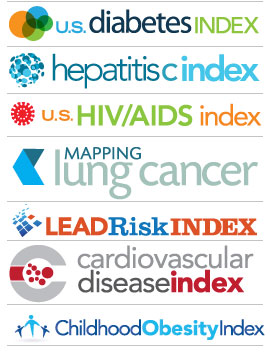Medicare Part D Price Controls Would Hurt Industry, Seniors
Medicare News Tuesday, December 13th, 2011November 19, 2011|By J. MARTIN CARROLL, The Hartford Courant
As our nation’s leaders consider policy proposals to reduce the federal deficit, we must ensure that innovation, jobs — and most important, our patients — are protected. However, a number of recommendations are being considered by the congressional Joint Select Committee on Deficit Reduction that will do just the opposite: hinder innovation, cut American jobs and threaten patient access to lifesaving medicines. This is especially true through proposals that call for adopting government price controls in the Medicare Part D prescription drug program.
Since its inception in 2006, by all accounts Medicare Part D has been a resounding success. More than 80 percent of the seniors are satisfied with the benefit, and the program has cost the government 41 percent less than what was initially forecast by the Congressional Budget Office. In addition, a new study by researchers at Harvard Medical School shows that Part D has decreased spending in hospitals and nursing homes by $1,200 for each new senior enrolled in the program who previously had limited or no drug coverage.
Most important, this successful program has enabled 30 million seniors to have affordable and comprehensive drug coverage, and their average monthly premiums are expected to decrease in 2012.
The consequences of imposing price controls in Medicare Part D would be severe. Part D enrollees would likely face higher premiums and increasingly restricted access to medicines. These price controls would also stifle innovation and result in fewer opportunities to develop new medicines for chronic obstructive pulmonary disease, diabetes, stroke and cancer — the very diseases faced by many Part D enrollees.
Extending rebates to Medicare Part D would impose a significant cost — $112 billion — on the biopharmaceutical industry. Research by the Battelle Technology Partnership Practice estimates that a $20 billion cost to the biopharmaceutical sector would result in up to 260,000 job losses across the U.S. economy. Proposals such as government price controls in Part D would be expected to have a huge impact on the very jobs we need so badly.
Nowhere will this be more apparent than here in Connecticut. My company, Boehringer Ingelheim, has a long-standing commitment to innovation that has made our company an employer of choice. We employ more than 10,000 high-skilled workers in the U.S., including more than 2,500 in Connecticut. Monday we broke ground on a $65 million, 72,000-square-foot research and development facility at our campus on the Ridgefield-Danbury border. We recently also began building a $42.5 million safety assessment building. Read More

